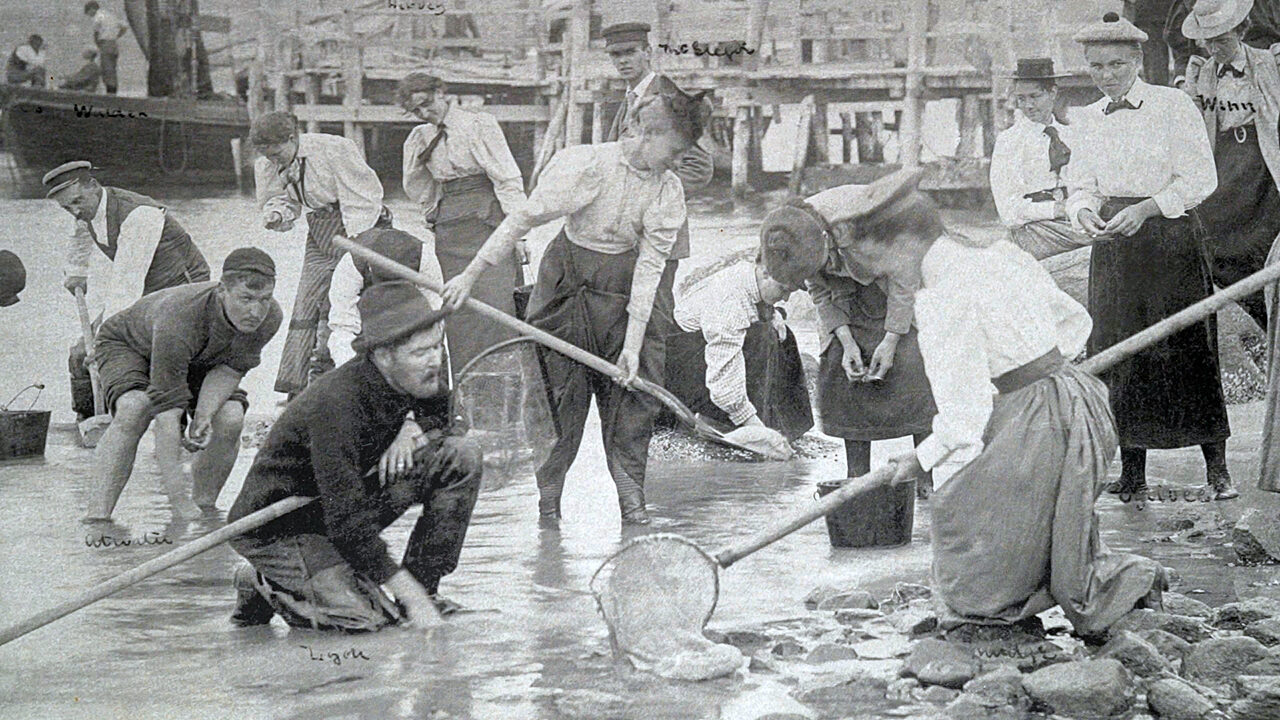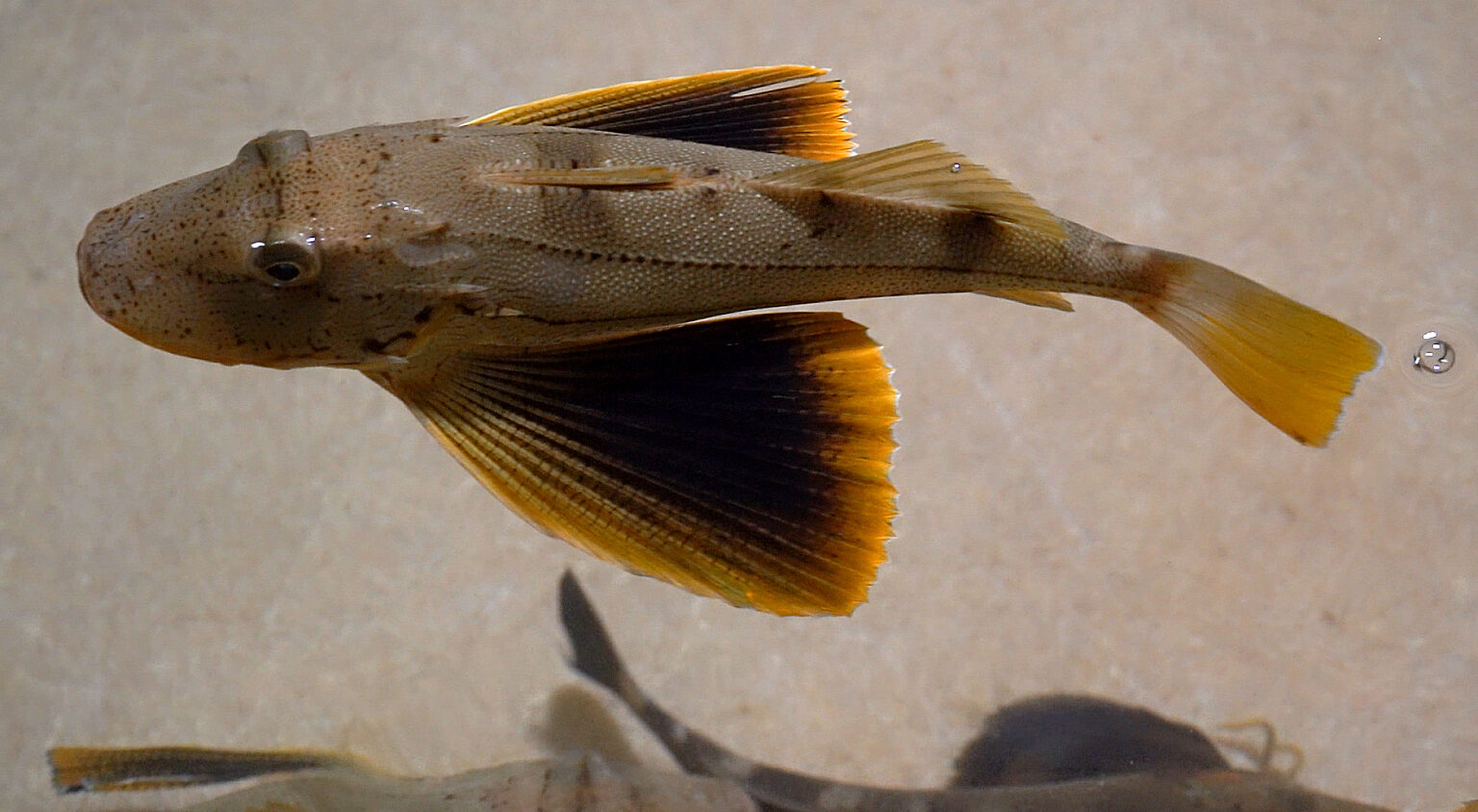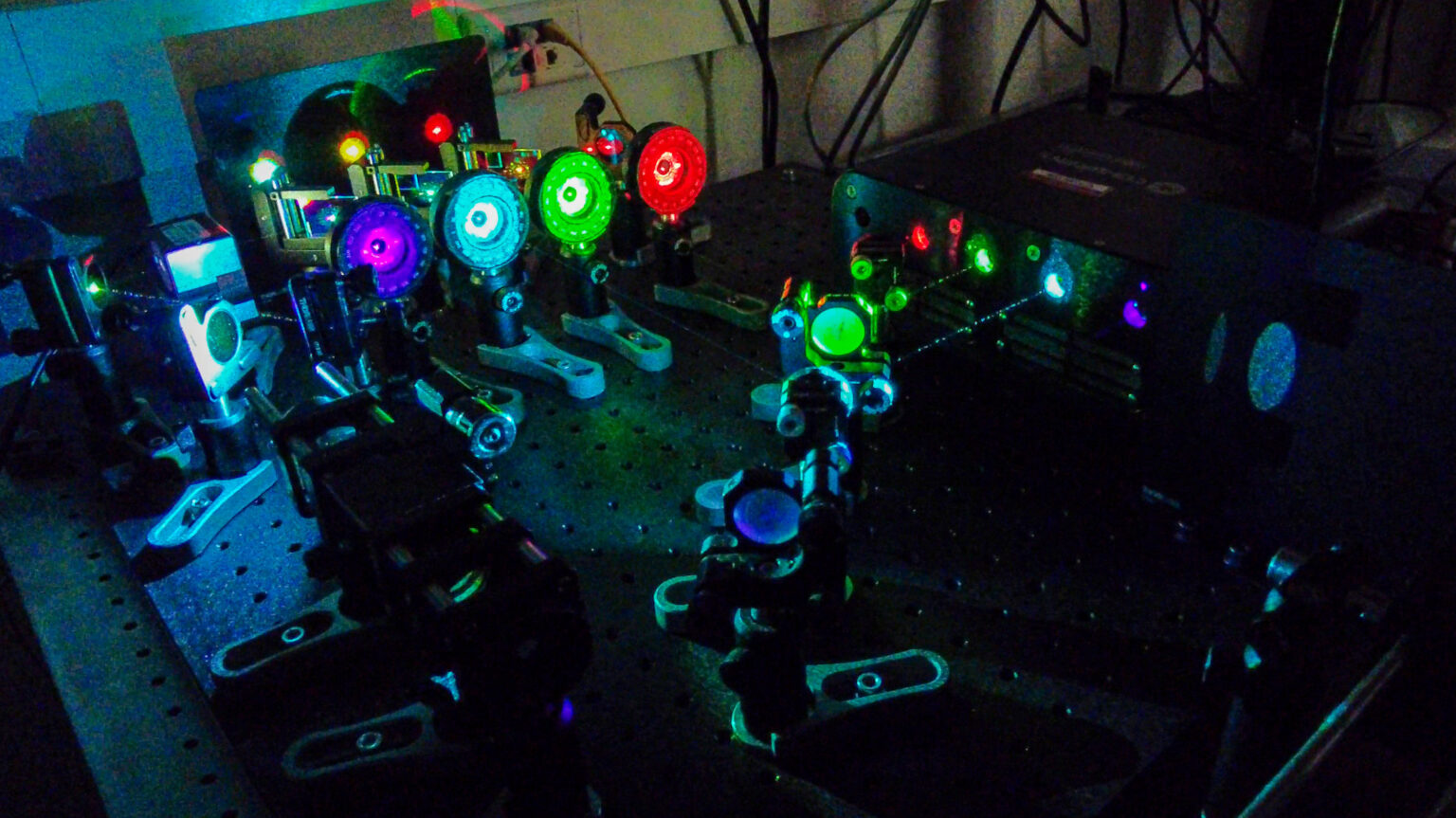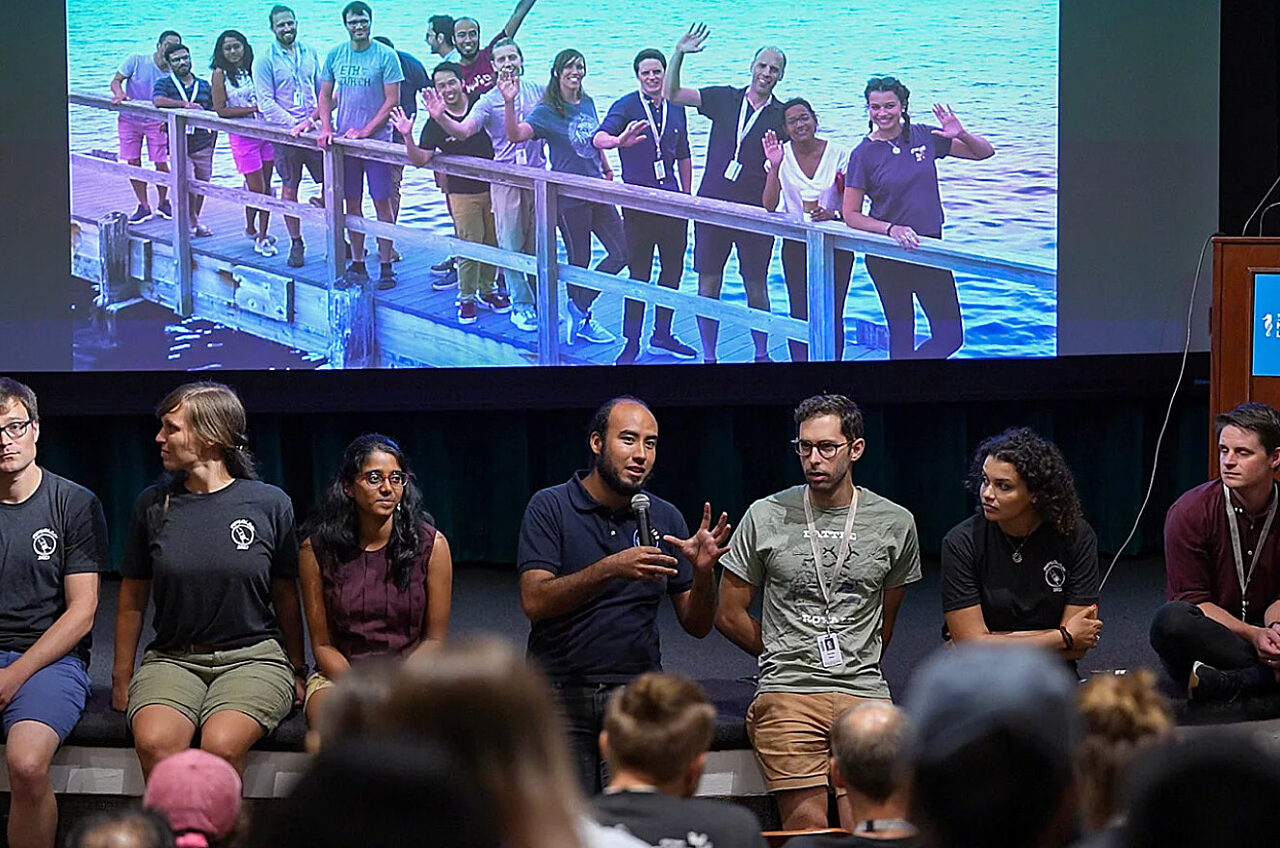Our Satellite Lab at MBL
The Stowers Lab at The Marine Biological Laboratory
Exploring the East Coast
Located in Woods Hole, Massachusetts, the Marine Biological Laboratory (MBL), an affiliate of the University of Chicago, is home to the Stowers Institute’s satellite laboratory. Just as impressive as the natural beauty surrounding the MBL is its dedication to discovery, innovation, curiosity, and collaboration among the scientists and students that converge on campus.
The Stowers Institute’s dedicated lab space at the MBL allows Stowers scientists of all levels, from predoctoral researchers to Investigators, the ability to travel to Woods Hole and tackle new research projects using undomesticated ocean organisms brought from beach to bench. It also enables scientists to conduct non-marine research immersed in a different environment, or simply to gather in an idyllic setting to exchange ideas among the many other visiting scientists.
Learn more about the MBL
History and Tradition
The MBL opened in 1888 as an independent research institute for scientists and students to gather during the summer months to explore marine biology. Although the Stowers Institute began over a century later, the foundations for a partnership have been assembling for 30 years. Learn more here.

The Stowers Satellite Lab
In 2022, the partnership between the Stowers Institute and the MBL evolved from informal to formal with a new year-round satellite laboratory at the MBL campus in Woods Hole, Massachusetts. Stowers scientists can travel from Kansas City to the MBL to conduct marine or non-marine research in a different location, or to simply interact with scientists and students that visit from around the globe.
Marine Resources Center
The MRC at the MBL maintains a large arsenal of marine organisms for scientists to conduct year-round research in foundational biology. The state-of-the-art facility pumps sea water from the surrounding ocean to house the many animals that live near Woods Hole. View the incredible biodiversity at the MRC including starfish, sea urchins, mollusks, sponges, crabs, and diverse species of fish. Learn more about the MRC.

Technology
Every summer at the MBL, a wide range of microscopes are available for shared exploration and use. Scientists even build microscopes from scratch to dissect and visualize biology at its core. At the Stowers Institute, generous investment from our founders went toward creating Technology Centers that collaborate with all the labs in genomics, imaging, computational analysis, and more. The partnership between the MBL and the Institute enables both institutions to benefit from each other’s technological strengths.

A transformation of biology
Bringing the laboratory into nature
Woods Hole
The village of Woods Hole, located in the town of Falmouth, draws scientists and tourists alike with six independent research institutes and attractions like dining, gift shops, ferries to Martha’s Vineyard, boating, fishing, and swimming.
In perspective: A trip to Woods HoleEducating the next generation
Education is a pillar of the MBL with some longstanding courses, such as Embryology and Physiology, held each summer for nearly 130 years. Through these immersive, research-based courses, significant discoveries have been made by students and faculty. Of the 60 Nobel Laureates associated with the MBL, over half have been students, teachers, or both. At least one third of current Stowers Investigators and many more predoctoral and postdoctoral researchers have been students, teaching assistants, instructors, or course directors for the MBL.
In addition to the Advanced Research Training Courses, the MBL has courses and research opportunities for undergraduates, a high-school program, a postbaccalaureate program, and joint MBL/University of Chicago undergraduate and graduate programs. Similarly, the Stowers Institute has an accredited graduate school, a postbaccalaureate fellowship, and summer research opportunities for undergraduates.
Convening Power
The MBL was built on the foundation of convening power. The mission of the MBL is to foster an environment that is conducive for bringing together scientists and students from all over the world to learn, conduct research, work in partnership, and promote scientific discussion.
The MBL and the Stowers Institute are committed to testing the limits, asking big questions, and taking risks to further expand our understanding of biology and answer the many questions nature poses. Together, the goal of this partnership is to create a future where we can one day better prevent, treat, and alleviate human disease through discoveries in foundational biological research.


